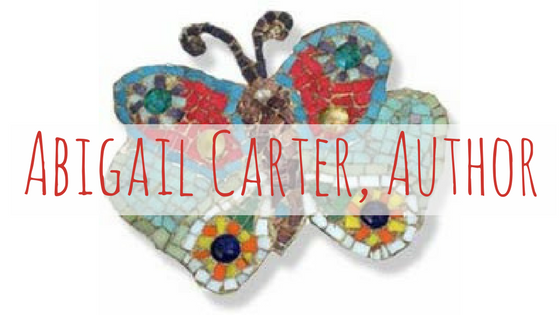A Burning Barn
I woke up this morning to this fiery scene reminding me of last week's lessons. Lessons in words and sentences, gerund verbs and participles. I visited a Calder exhibit with a group of 10-year olds, struck by the simplicity of the red, yellow, blue, white, black shapes spinning, equally fascinated by the shadows they cast on the stark white walls. Sculptures at once simple and detailed. For me, an objectification of words, sentences paragraphs. The simplicity of the end result.
Later that afternoon, I pulled open a door to a new world, stepping into a room full of animated people, walls painted mustard, and rich hues of burnt orange. I was greeted with smiles and questioning looks. I did not fit in, though I couldn't say how. The people sitting at tables drinking coffee or milling around had a quality to them, a worn, hardened look around the eyes, clothes not tattered exactly but bearing the Goodwill label, slightly ill fitting. Recovery Cafe is a community center for recovering addicts and homeless.
After signing my name in bright purple ink on several sign-in sheets I was escorted to the classroom, greeted with smiles and a welcome, but finding a chair on the outskirts of the table, attempting to assimilate into the class. I had been invited by my fiction teacher as a guest to talk about my book, my so-called ability to rise above adversity.
But my trauma paled. This I knew immediately, by the haunted, wide eyed gaze of those around the table. I was blessed with resources; these people had few. A woman began reading her work, describing her experience of being labeled "The neighbor lady" in a Facebook photograph, marginalized. She wrote beautifully, her story both uplifting and sad.
I partook in a three-part writing exercise based on the photograph of a burning barn:
1. What would you try to save if your home were burning?
Assuring the kids were safe, foremost might be to rescue memories -- those moments locked in time reminding us of what was, what might have been -- snatching them deftly from between licking flames. Fading smiles caught between slices of clear plastic, and the purple velvet Crown Royal bag that Arron used to collect his precious things -- silver dollars, now tarnished; a clunky gold watch, one of the first digitals ever made, Arron claimed, with its red square numbers; and his wedding ring, the ring he had replaced with an imposter, perhaps sensing its potential for being lost. I would find the cardboard box topped with my old point shoes, the ones I only wore once or twice before a knee ended my prima ballerina fantasies. The box holds yellow manilla envelopes full of love letters, New Zealand flowers pressed inside a Valentine's card, with my hand drawn heart, Arron's crooked, loopy writing concrete evidence of his existence, of his love.
2. What would you be better off without?
TVs, game cubes, remotes, a detritus of plastic, bills stacked forlornly in a wire mesh bin, apologetic. Broken down IKEA shelving, worn shoes, clothes in a pile waiting to be taken to Goodwill. Computers maybe, that hog all our hours, hours that we can't replace. Objects really, taking space. These I would watch burn, feeling the burden of them vanishing in the dark, billowing clouds.
3. What would you do differently if you had to start over?
The Phoenix always rises from the ashes -- the ability to begin anew, cleansed, the ground fertile. Perhaps the spaces would be smaller, filled with light, feeling huge in their emptiness. Time might revert to a simpler age, one before computers and TVs, where everyone knew their neighbours, children played in the street, walked to school by themselves, where needs were few. That time would be blissful, though short, knowing that eventually, the spaces would bloom with undergrowth, the saplings of what was to come.
Another woman read her passages, describing her barn burning, her fear for the swallows nests in the corners, her words resonating in the room long after she finished reading.
I spoke, telling my story, hoping it might be universal enough to the people in this room, my toughest audience, to relate, to inspire. At the end, I gave one of my books to a woman who I knew could barely read, whose body's deformations had clearly defined her fate. I signed the book, offering "best wishes," wondering what those words might mean to her.
That night, at a poetry reading, Mark Doty's words inspired. More words about burning, fires and what you would rescue. What could this particular serendipity be telling me?
I feel warned. Those saplings have taken root. What, I wonder might they become?

